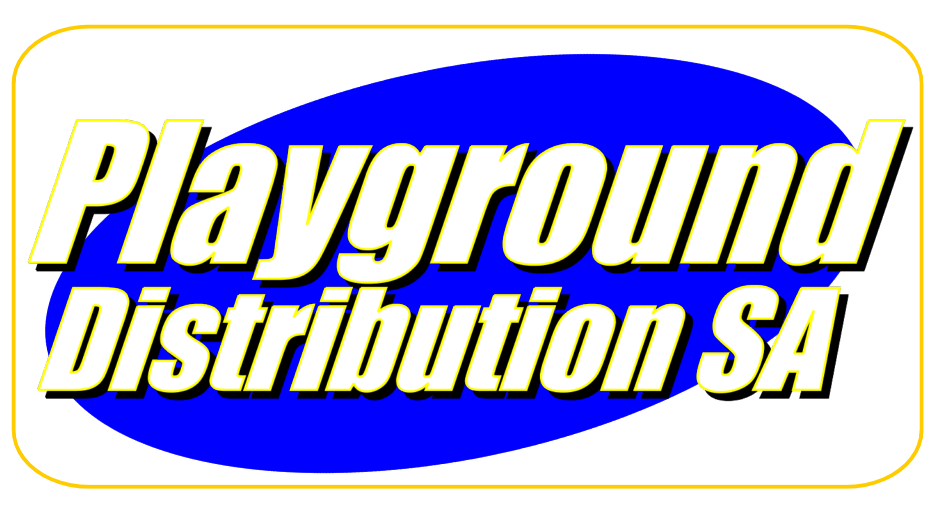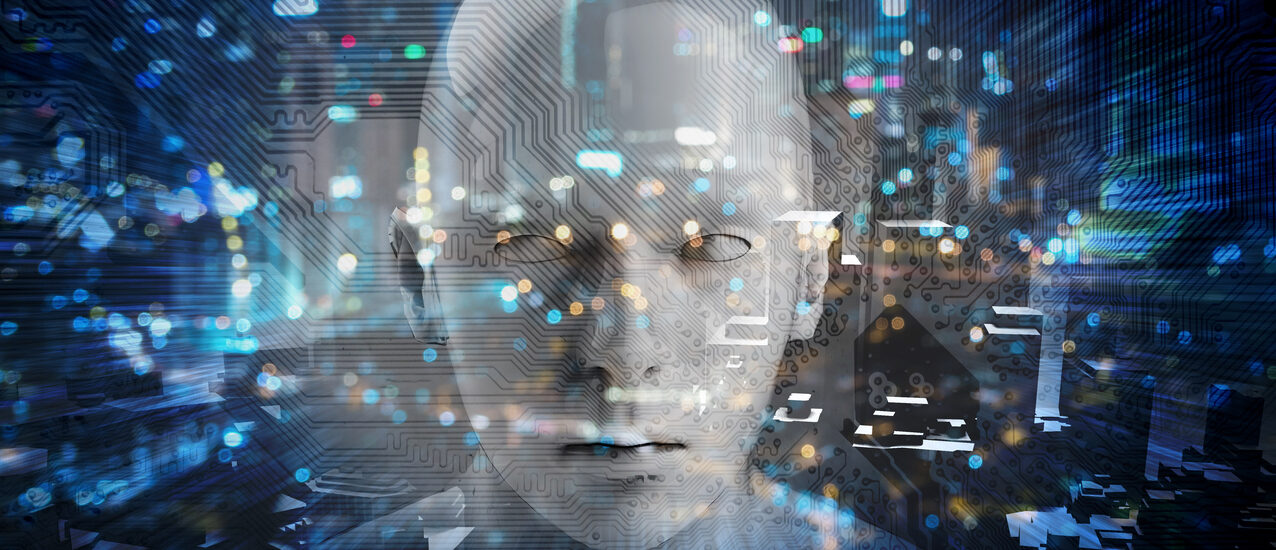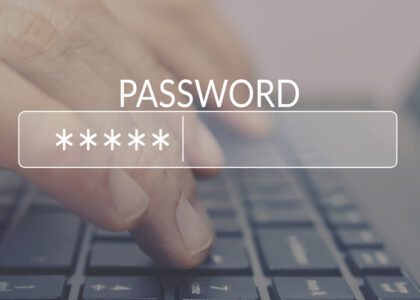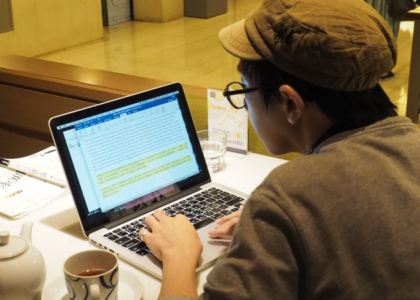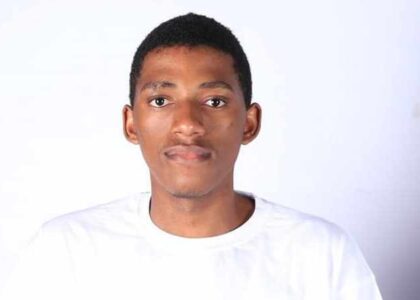If the debate about Elon Musk’s acquisition of Twitter tells us anything, it’s that people – including those in governments – don’t understand how the World Wide Web works.
We know that the algorithms Twitter uses to recommend content can guide people to develop more extreme views, but what is considered extreme has changed since Musk’s takeover. Many things he considers free speech would previously have been thought to be derogatory, misogynistic, violent or harmful in many other ways.
Many countries, including Aotearoa New Zealand as the co-initiator of the Christchurch Call, are looking to Twitter and other platform providers to allow analysis of their algorithms and more transparency about their effects on individuals and the social fabric.
But what the Christchurch Call doesn’t address is a much more fundamental question that governments should think about with urgency. Is it appropriate that the infrastructure to host citizen discourse and engagement is in the private and profit-oriented hands of multinational data monopolies?
This article has been partially republished from The Conversation under a Creative Commons license. Read more : the original article.

